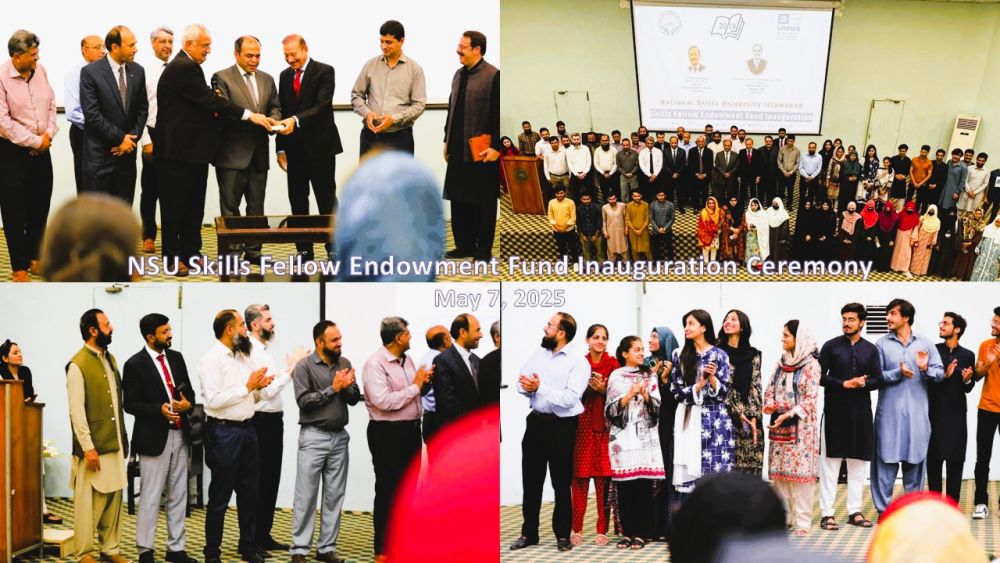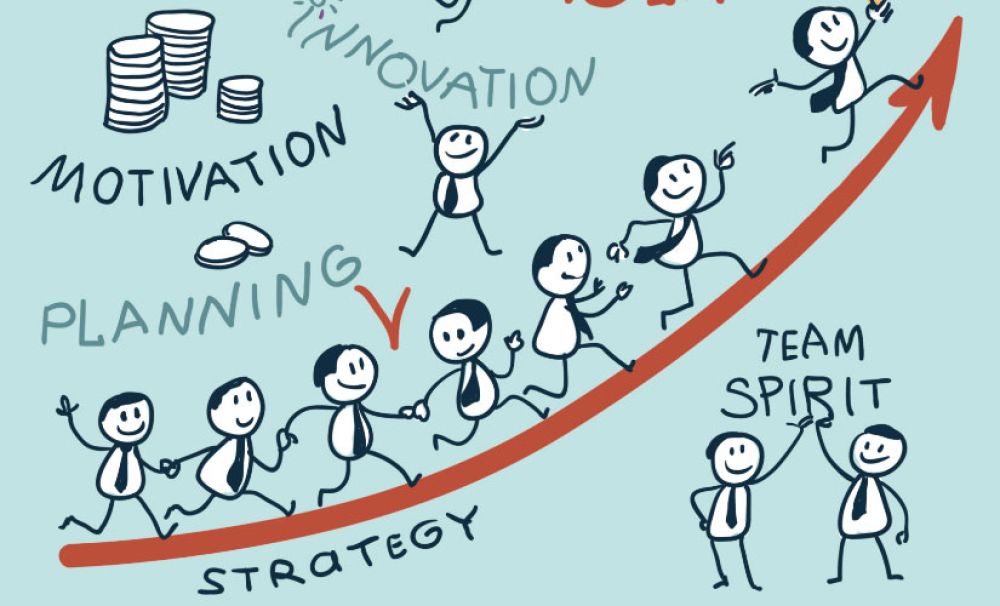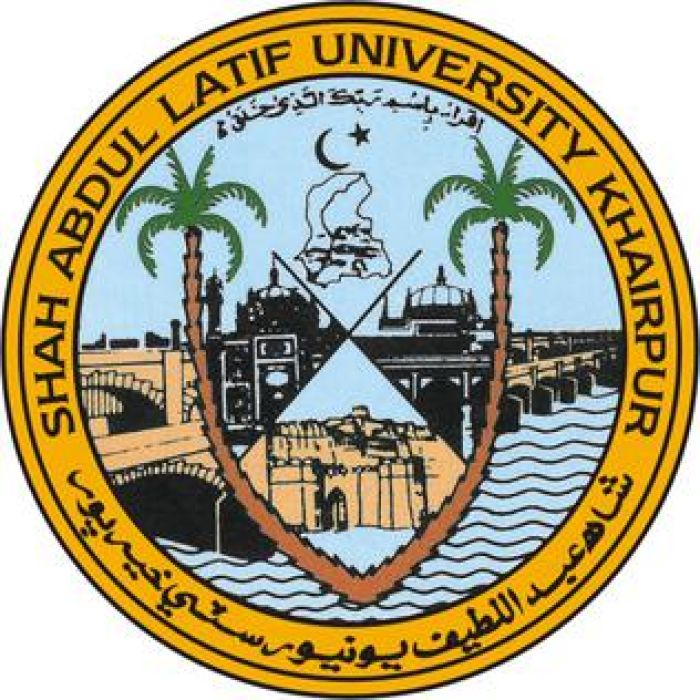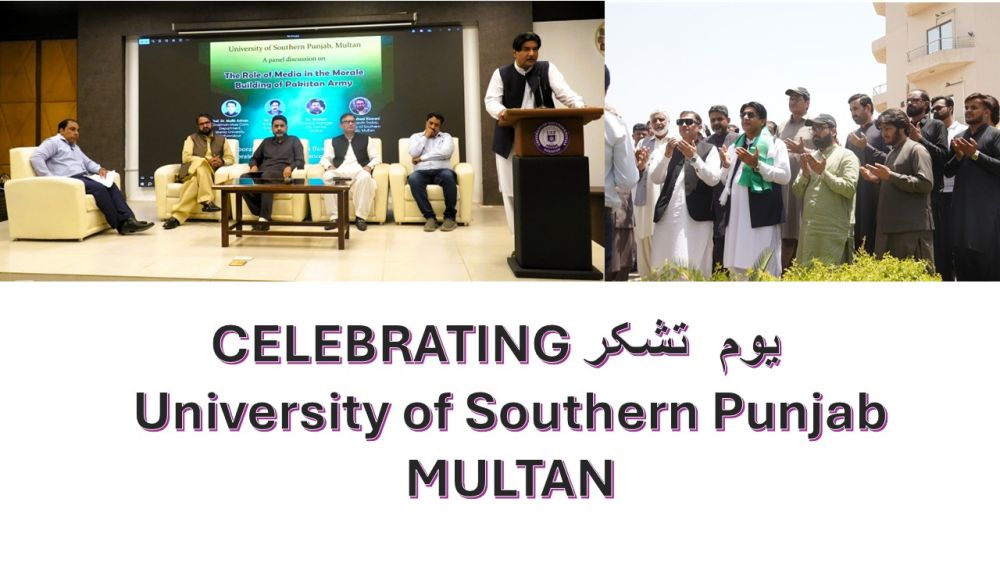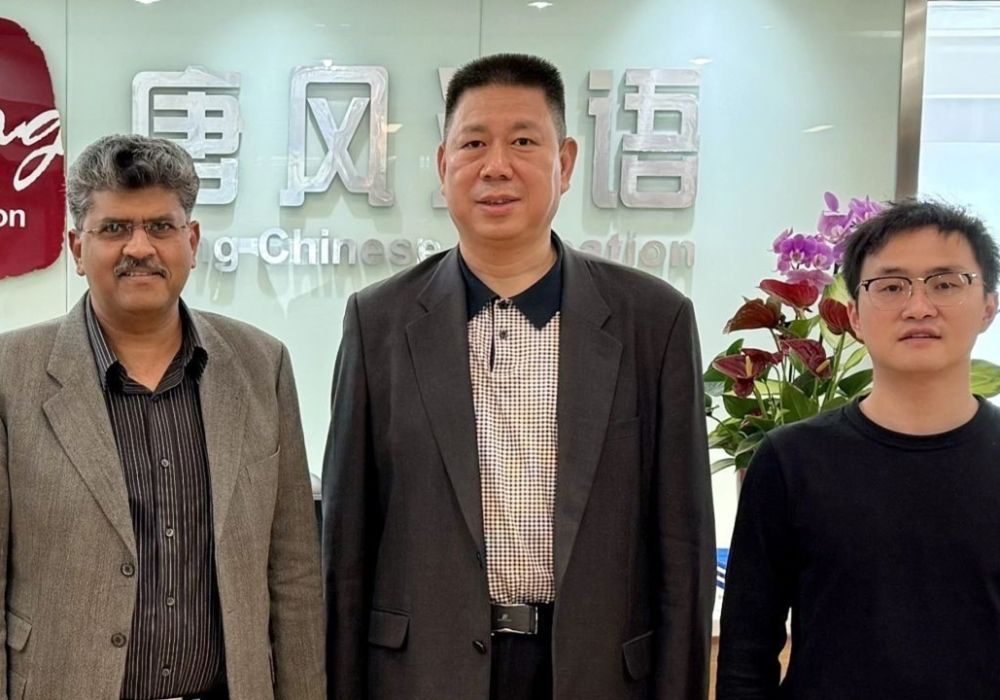141/25 PHEC's 40th Commission Meeting: Driving a Future-Focused Vision for Punjab's Higher Education
Posted 7 months ago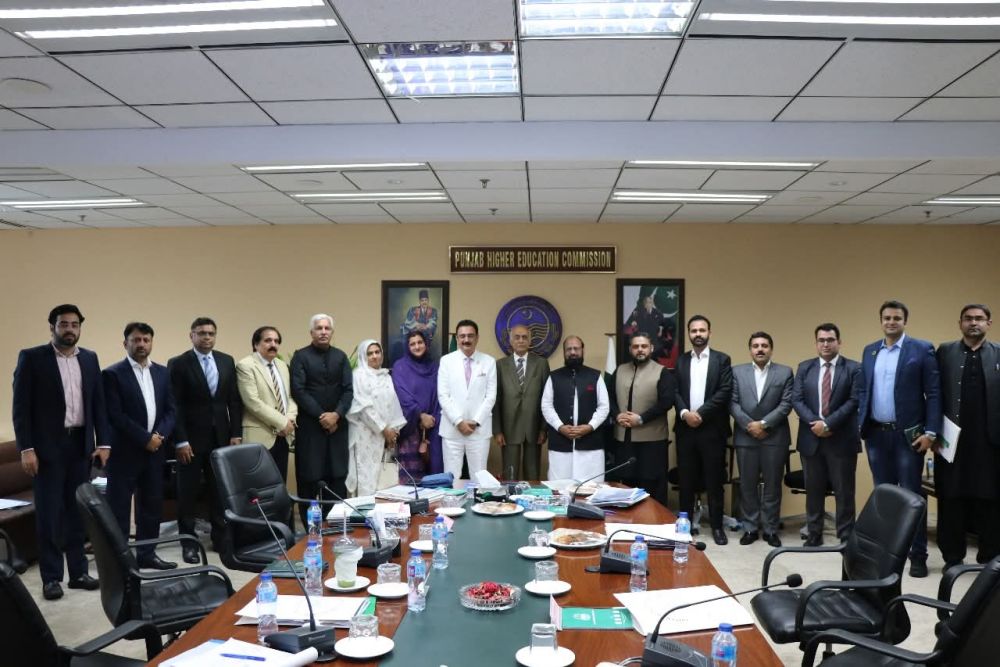
HunarNama News - 27 June 2025
On June 25, 2025, the 40th Commission Meeting of the Punjab Higher Education Commission (PHEC) was held at the state-of-the-art Arfa Software Technology Park, Lahore, marking a pivotal moment in Punjab's educational reform journey.
Presided over by a world-renowned scholar, Prof. Dr. Iqrar Ahmad Khan (HI, SI), a distinguished academic and Chairperson of PHEC, the gathering brought together a formidable array of thought leaders, government officials, and institutional heads, all united by a shared mission: to elevate Punjab's higher education system through collaboration, quality enhancement, and innovation.
An Assembly of Influential Minds
The Commission meeting blended experience, expertise, and executive vision. Among the prominent participants were:
- Prof. Dr. Muhammad Ali, Chairperson of the PHEC Accreditation Committee
- Prof. Dr. Khalid Masud Gondal, Vice Chancellor, Fatima Jinnah Medical University (FJMU), Lahore
- Ms. Zahida Azher, Additional Secretary, Higher Education Department (HED)
- Mr. M. Haider, RUH Faisalabad
- Dr. Muhammad Arshad, Chairman, Board of Governors, Multan University of Science and Technology
- Prof. Dr. Moeed Yousaf, Vice Chancellor, Beaconhouse National University, Lahore
- Prof. Dr. Nighat Zafar, Principal, Government Graduate College for Women, Gulberg, Lahore
- Muzammil Mehmood, Renowned Educationist
- Dr. Mansoor Ahmad Baluch, Chief Operating Officer, PHEC
High-level representatives from the Specialized Health, Finance, and Agriculture Departments were also present, manifesting a commitment to interdepartmental cooperation in shaping a dynamic education policy framework.
From Policy to Practice: A Bold Vision for Quality Education
One of the meeting's focal points was academic quality assurance and accreditation, spearheaded by Prof. Dr. Muhammad Ali. The objective is clear: redefine the benchmarks for higher education in Punjab in line with global standards while ensuring relevance to local realities.
The discourse, which included medical, technological, and liberal arts institutions, reflected the diversity of Punjab's academic landscape. Voices like Dr. Khalid Gondal from FJMU also emphasized the critical need for medical education reform in sync with public health challenges and research-driven practice. This diversity ensures that all aspects of higher education are considered, making the audience feel represented.
Multi-Sectoral Inclusion: The Future is Interdisciplinary
What sets this 40th meeting apart from its predecessors is its cross-sectoral representation. Officials from the Finance and Agriculture departments highlighted the push toward resource alignment and industry-specific curricula. In a province where agriculture still forms the economic backbone, integrating educational programs with agritech, climate science, and food security is no longer optional; it's essential.
Similarly, Specialized Health Department representation signals the urgency of producing healthcare professionals with cutting-edge skills and community awareness. The collaboration between government and academia is finally taking shape beyond mere rhetoric.
Implications for Students and Institutions
For university students, college principals, and faculty across Punjab, this meeting heralds structural shifts that promise better funding, enhanced teaching standards, and globally recognized degrees. With quality frameworks becoming more robust, institutions investing in innovation and skill-based education will likely rise to prominence.
The participants also noted that aligning public goals and private agility may become Punjab's new education frontier.
A New Chapter in Punjab's Academic Legacy
Chairperson Dr. Iqrar Ahmad Khan's leadership reflects a blend of academic depth and administrative acumen. Under his guidance, PHEC has transformed from a regulatory body into a strategic enabler, driving the bold, adaptive change that Punjab's youth and educators urgently need.
This 40th Commission meeting wasn't just about policy but about purpose. It highlighted the need to future-proof Punjab's academic institutions, bridge the gap between knowledge and employability, and shape graduates ready to lead in an uncertain world.

